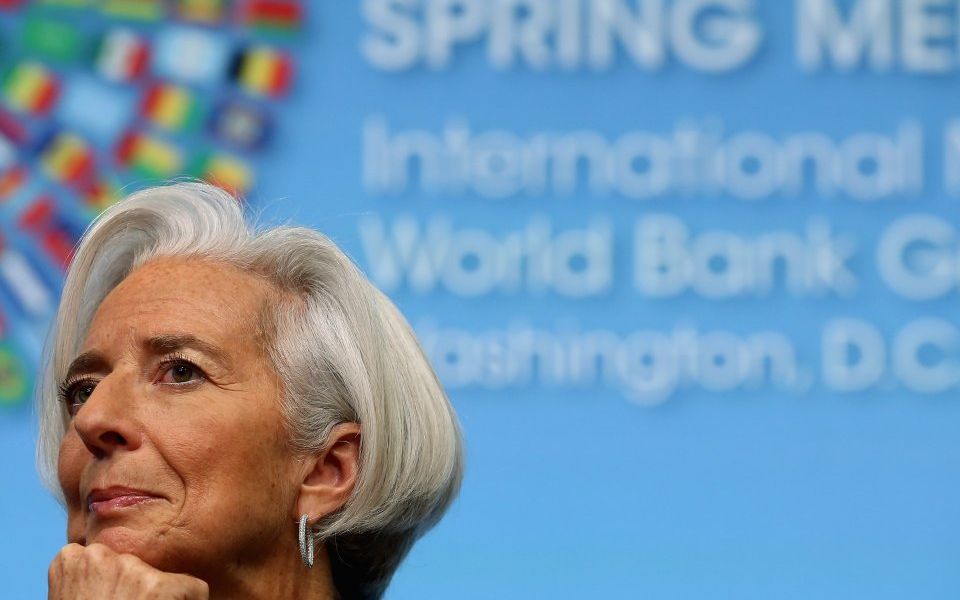The UK should lift public spending to soften blow of a no-deal Brexit, IMF says

The UK should lift public spending to soften the blow of a no-deal Brexit, the International Monetary Fund has said.
The IMF said the UK has room to spend more or tax less without breaching its own fiscal targets.
It has therefore urged the chancellor, Philip Hammond, to loosen the purse strings on public spending to counter the potential economic impact of leaving the EU without a deal.
Read more: Hammond says Tories are the 'party of business' as he attacks Corbyn
The guidance directly contradicts Hammond's warning to Theresa May there was no scope to raise public spending after the Prime Minister announced the “end of austerity” last week.
The IMF's world economic outlook report also called on the Bank of England to be flexible amid the uncertainty surrounding the UK's exit from the European Union.
The BoE has previously said interests rates could rise the event of a hard Brexit.
The IMF said: “At a time of heightened uncertainty, monetary policy should remain flexible in response to changing conditions associated with the Brexit negotiations.”
When it came to fiscal policy, it said: “The pace of fiscal consolidation can be eased if risks materialize and growth slows sharply.”
The fund cut its growth forecast for the UK to 1.4 per cent in 2018 – down from 1.7 per cent last year, lower than its April estimation partly due to the 'Beast from the East'.
It said the medium-term growth forecast remained at 1.6 per cent but was “weighed down” by anticipated higher barriers to trade following Brexit.
Read more: Unemployment down, GDP up – there’s no logic for a public spending boost
The fund said May could be flexible with the government's fiscal targets to cushion the impact of a no-deal Brexit.
It said: “In the United Kingdom, the fiscal targets—which envisage the cyclically adjusted public sector deficit falling below 2 percent of GDP and public debt beginning to decline by 2020–21—provide an anchor for medium-term objectives while allowing for flexibility in the short term.”